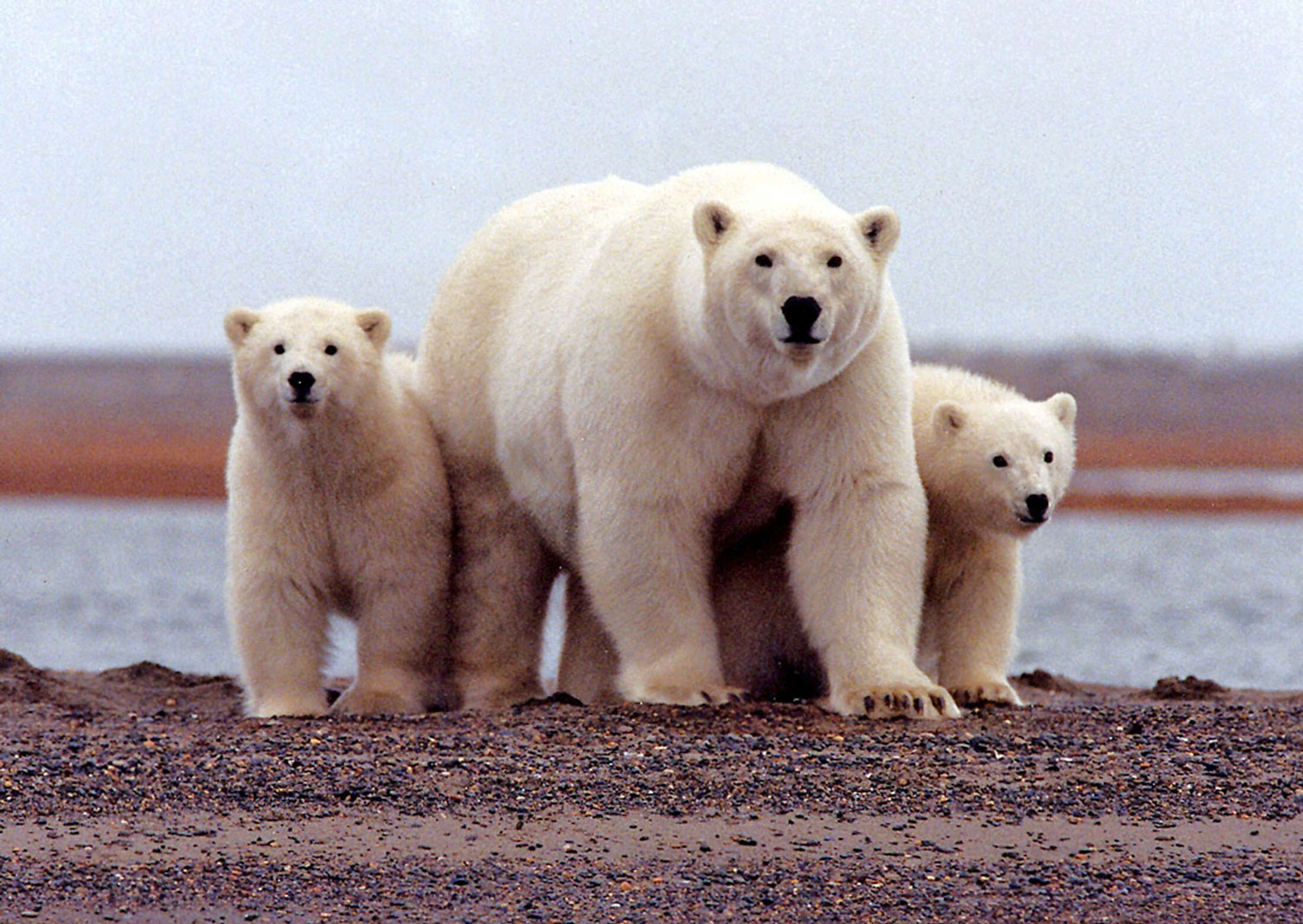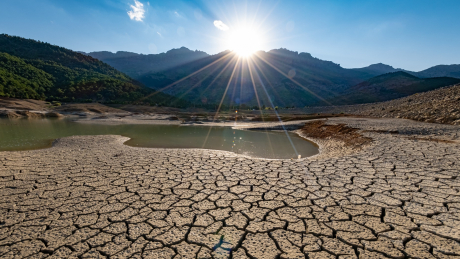The Effects of Climate Change on Marine Biodiversity in Tunisia

As the sun rises over the Mediterranean coastline of Tunisia, it illuminates a fragile ecosystem undergoing profound changes. The effects of climate change are increasingly evident, threatening the delicate balance of marine biodiversity and the livelihoods of coastal communities. This article delves into the consequences of climate change on marine ecosystems, examining shifts in fish populations, coral health, and other marine species. Through field observations and interviews with marine biologists, ecologists, and local fishermen, we seek to illuminate the impact of these changes on both marine life and the human communities that rely on these resources
Observations on the Ground: Impact on Specific Habitats
In the clear waters off the coast of Monastir, marine biologists are witnessing alarming transformations. The once-vibrant coral reefs, known for their stunning biodiversity, are showing signs of bleaching. Rising sea temperatures, driven by climate change, are pushing corals beyond their thermal tolerance. This phenomenon not only endangers coral health but also disrupts the entire marine ecosystem, as countless species depend on these structures for shelter and sustenance
In the nearby Gulf of Gabès, observations reveal significant alterations in fish populations. Species such as sardines and anchovies, integral to local fisheries, are experiencing shifts in their migratory patterns. Warmer waters are driving these fish further north, leading to concerns among fishermen about dwindling catches. This disruption not only threatens the food security of local communities but also jeopardizes their economic stability
Conservation Strategies: Protecting Marine Biodiversity
In response to these challenges, conservation efforts are being implemented to protect Tunisia’s marine biodiversity. Initiatives like the establishment of marine protected areas (MPAs) aim to safeguard critical habitats from overfishing and pollution. These areas serve as sanctuaries for various species, allowing ecosystems to recover and thrive
Marine biologists emphasize the importance of community involvement in conservation efforts. Engaging local fishermen in sustainable practices is crucial for the success of these initiatives. Educational programs are being developed to promote awareness of the ecological significance of marine biodiversity and the long-term benefits of conservation. By fostering a sense of stewardship, these programs empower communities to become active participants in preserving their natural resources
Voices from the Coast: Fishermen and Coastal Communities
The voices of local fishermen resonate with both concern and resilience. Amidst the changing tides, they share stories of their struggles against dwindling fish stocks and the increasing unpredictability of their catches. Mohamed, a seasoned fisherman from Sfax, recalls the days when his nets would overflow with fish. “Now, we often return empty-handed,” he laments. The impact of climate change has not only altered their livelihoods but also affected their cultural heritage, as fishing practices passed down through generations face unprecedented challenges
Coastal communities are adapting to these changes, finding new ways to sustain themselves. Some fishermen are diversifying their activities, exploring eco-tourism or aquaculture as alternative income sources. However, these transitions are not without their own challenges, as new skills and knowledge are required to navigate these unfamiliar waters
Conclusion: A Call for Action
The effects of climate change on marine biodiversity in Tunisia are profound and multifaceted, impacting both the natural world and the human communities that depend on it. As ecosystems face increasing pressures, the need for concerted action becomes more urgent. By strengthening conservation efforts and fostering community engagement, Tunisia can take vital steps toward protecting its marine resources for future generations
The journey toward resilience in the face of climate change is a shared one, requiring collaboration between scientists, policymakers, and local communities. The stories of fishermen, the observations of marine biologists, and the actions taken today will shape the future of Tunisia’s coastal ecosystems. As the Mediterranean continues to change, the call for stewardship and sustainable practices becomes not just a necessity, but a moral imperative for all who cherish the sea and its bounty
Malek Chouchi




